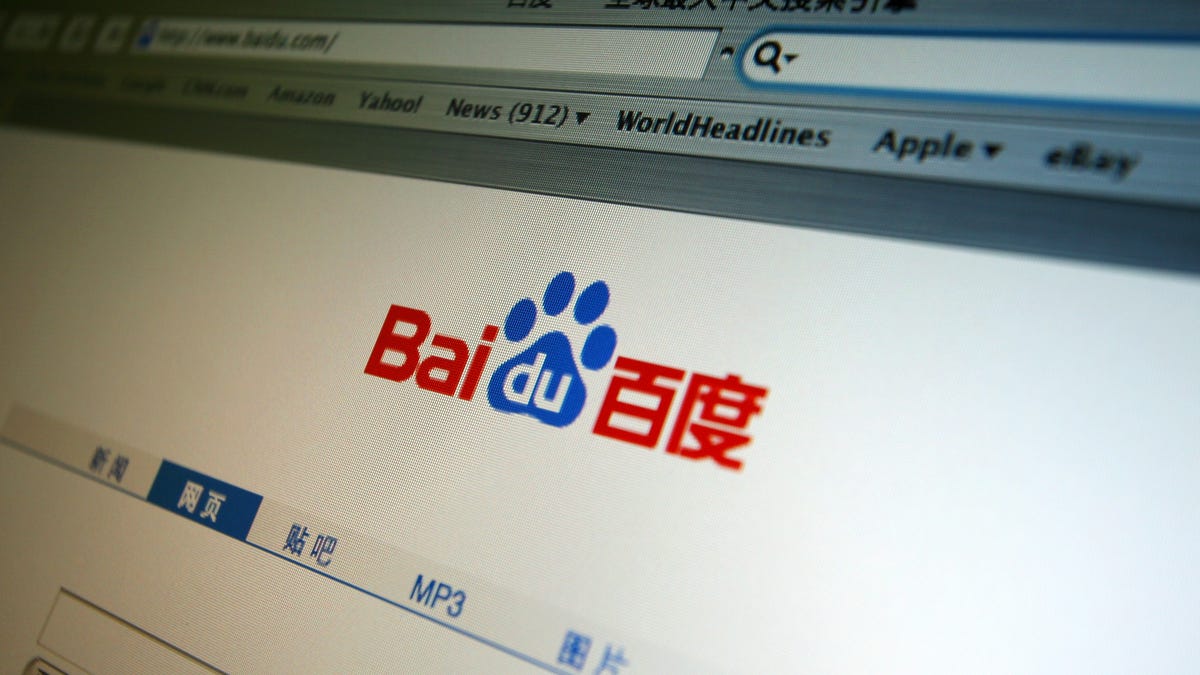


An executive at Chinese tech giant Baidu wants employees that are seriously devoted to the company — even if it hurts their personal lives.
Qu Jing, the company’s head of public relations, posted several videos of herself on Douyin, China’s TikTok, giving employees some harsh lessons about dedication to the company, according to the Financial Times.
In one video, Qu said employees should be committed enough to carry out 50 consecutive days of business travel with her, regardless of the impact on their home lives.
“I’m not your mom. I only care about results,” she said, reminding workers that she “can make [them] jobless in this industry.”
In another post, she said she is so committed to the company, she doesn’t even know what year her son is in at school, the outlet reported.
After considerable backlash on social media platform Weibo, Qu took down the videos by Thursday. She said she had “earnestly read peoples’ opinions and criticisms” and would “deeply reflect” on them, according to the FT.
But Wang Qingrui, an independent tech columnist, said Qu’s attempts at creating an “iron lady” image have backfired — and have already done considerable damage to the tech company’s reputation.
“She is not only representing herself in the videos, but also Baidu’s culture and values,” he said. “This deepens Baidu’s image problems.”
China’s tech sector has become a battleground of innovation — and long working hours have become an expectation at companies looking to keep apace with their competitors. In 2019, Alibaba founder Jack Ma praised the overtime culture, calling it a “huge blessing.”
But there has been considerable backlash in recent years over China’s hustle culture, which is colloquially referred to as “996” — working from 9am to 9pm, six days a week. Younger generations have begun pushing back against the government’s desire for hardworking, hyper-productive citizenry by adopting a passive approach to life called “Tang Ping,” or lying flat.
In August 2021, China’s top court ruled that the overtime culture was illegal.
TikTok owner ByteDance reportedly backpedaled its grueling work hours in July 2021, canceling its “big week/small week” policy that required workers to alternate five-day work weeks and six-day workweeks.